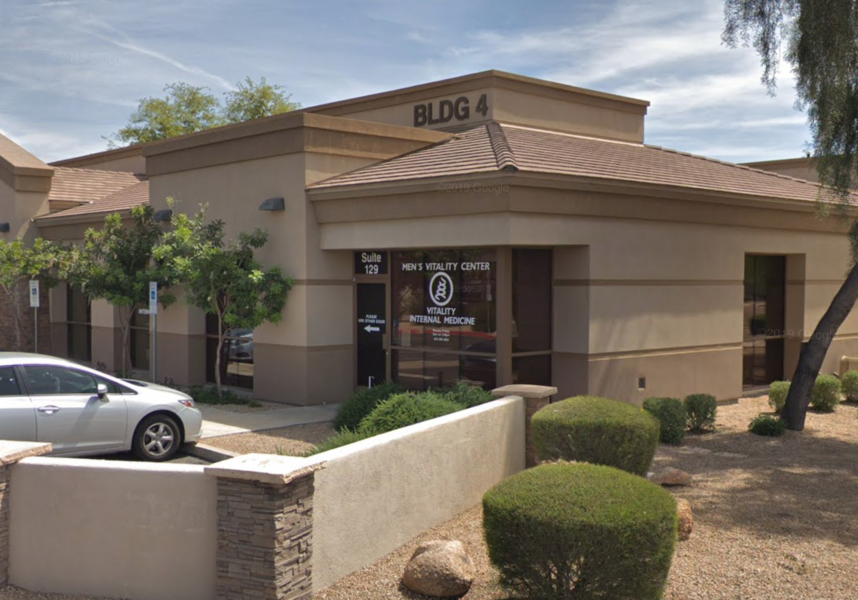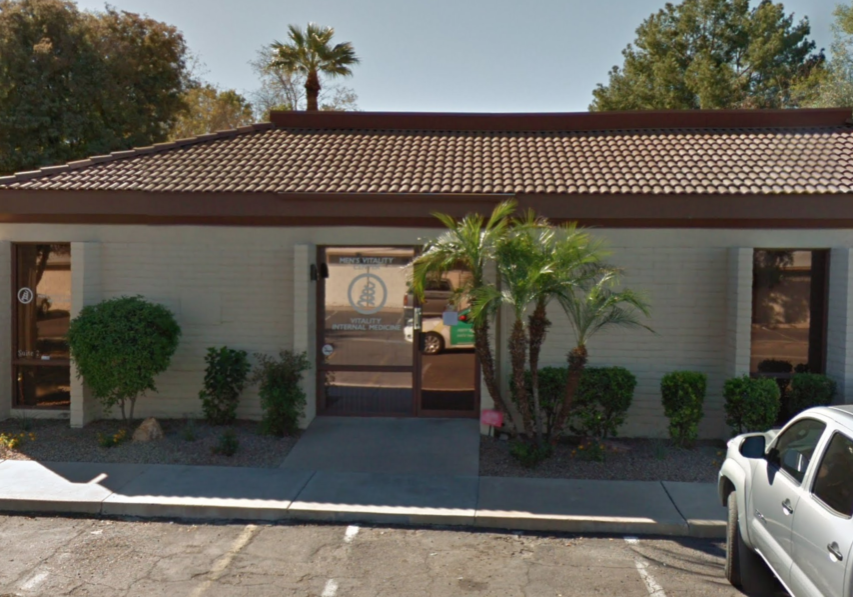Prescription drug abuse is extremely hard to overcome but is a major accomplishment once the abuser can kick it. However, most people with opioid addiction will find that the real battle begins during the detox. This stage has been said to be the hardest because of the cravings, withdrawal symptoms and likeliness of relapse. These dangers of opioid addictions require certain methods of treatment and counseling.
To help with this period in the abuser’s life, it is recommended to attend counseling as part of prescription drug abuse treatment. The outcome of immediately removing the drugs from the body will create ongoing and irresistible urges to take the prescription drugs. This will cause the body to stress, be more prone to illnesses, affect relationships with friends and family, and quite possibly destroy one’s everyday mood.
Some approaches to therapy offered will depend on the affected individual. Not one method is better than the other, rater each method have a reason and is tailored specifically to those affected.
Individual vs Group Therapy
One of the biggest factors to help with prescription drug abuse is the support of others. When it comes to this method, group therapy is normally preferred over the individual. When a person is in a group, they are more likely to open up and reach out for support from their peers. This allows for patients to begin the recovering journey with someone else that gets their situation.
The times that individual therapy is used is when there is a trace of another diagnosis in the patient, like depression, bipolar disorder, or any other mental health concerns. Normally this situation will require treatment on its own, separate from traditional opioid addiction treatment.

Group therapy can be more beneficial to an individual because they can reach out for support from their peers.
Outpatient vs Residential Treatment
Residential treatment, otherwise known as “inpatient” treatment, will separate the addicted person(s) from their area of abuse. They are required to attend a facility or treatment home for a period of weeks to months. The person will go away where they are taught skills and habits for sober living. They are also closely monitored so that they do not end up abusing the drugs secretly.
Even though this is highly effective in the short term, the debate comes from whether if the residential program actually leads to a longer abstinence from opioids or not. The problem is relapse is often higher when they go back home where the drugs are in easy reach. On top of that, residential treatment is much more expensive at tens of thousands of dollars and normally are not covered by insurance.
With outpatient programs, the treatment may seem tougher because the abuser is allowed to spend time at home after receiving treatment. However, those who are committed to recovery and have a solid support will see more success at the end. This is normally used for ongoing prescription drug abuse because it is much easier and cheaper than residential.
Couples and Family Therapy
When it comes to prescription drug abuse, not only is the person affected but their entire family and friends too. Relationships with friends and families may be affected, whether it’s minimal or drastic. This treatment method requires the attendance and help of the abuser’s loved ones to help them through. Much like group therapy, this method focuses on one of the sole individuals with the support of their family and friends.
The reasons why this method is very effective is because:
- Family members can be the strong pillar of support to change the addicted person’s behavior and life around.
- Including family members and friends into the treatment program can influence the addicted person to attend therapy and keep them striving towards a goal that others are depending them on for.
- Each family member and friends will naturally heal the damage put on them from their loved one’s prescription drug abuse.
Studies have shown that this method results in much lower relapse rates, increased happiness throughout the family, and much better functioning in the children of addicted adults.

A prescription drug abuser should never go through the healing process alone, having friends and family there with them will help make the process a lot easier.
Cognitive Behavioral Therapy
Cognitive behavioral therapy, or CBT, is taught by a therapist to a patient on how to distinguish mood, thoughts, and certain situations that trigger drug cravings. They will help the abuser avoid these triggers and help replace the negative thoughts of prescription abuse with healthier ones. The skills that the patient can learn from this method can last a lifetime. Even though this is potentially one of the more powerful methods, not all therapists are correctly trained in CBT. This may result in the patient not being completely helped and end up relapsing, or just furthering making the addiction more complex.
Contingency Management Therapy
Much like positive reinforcement learning, contingency management therapy is the method of rewarding the addicted person with incentives for staying clean. Normally these may be vouchers for goods, services, or privileges. The only downfall for this method is the higher costs, and the possibility of the behavior returning when the incentives stop.
Schedule Your Appointment
Fill out an appointment request to have one of our team members reach out to you or CALL(480) 534-5846 to set up your appointment today.
Find a Men's Vitality Center Near You
We pride ourselves on being a comprehensive Internal Medicine practice that specializes in Male Testosterone Replacement Therapy (TRT), Women's Hormone Replacement Therapy (HRT), Adult Internal Medicine and Opiate Addiction Treament near you.
3 Locations Valley-Wide to Best Serve You. Select a Clinic Below for Location Details & Google Reviews









